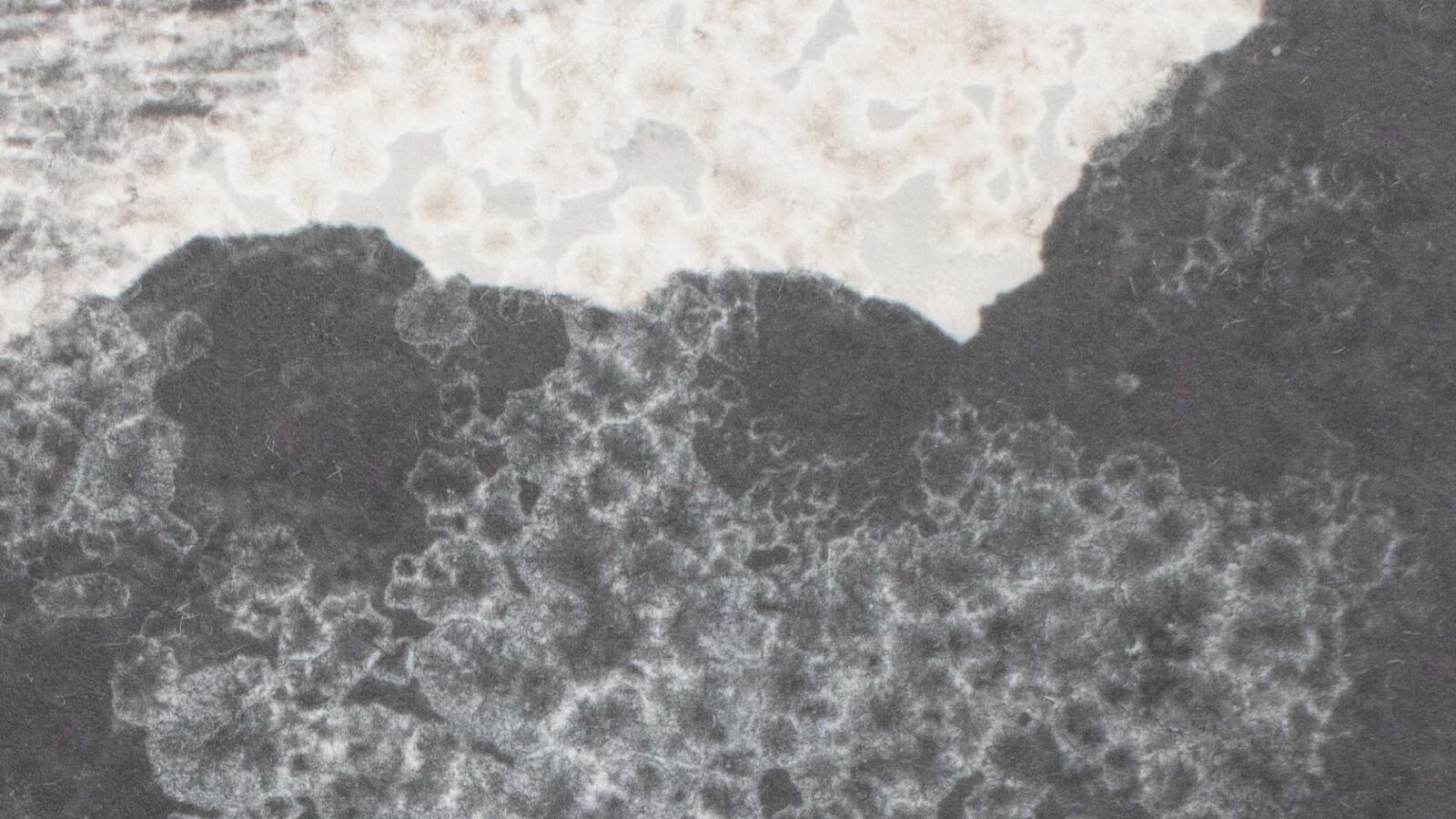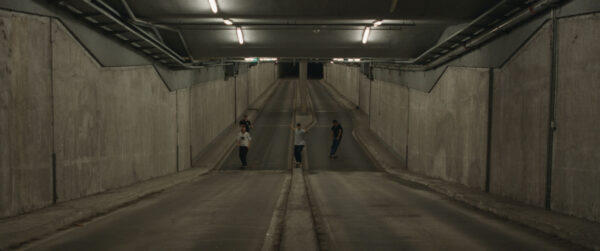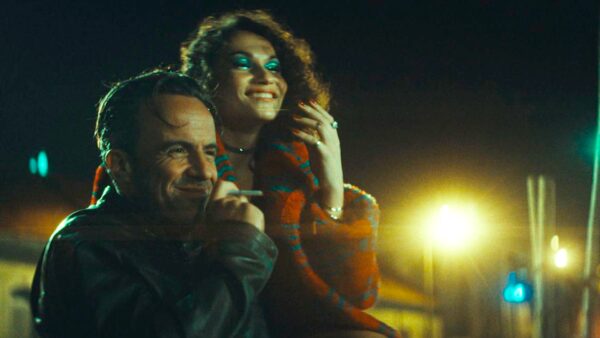Decaying Rêveries
Enlighten
More than a photograph of an event, Isabel Medeiros’ Enlighten works as an evocation. It embraces the overwhelming fact that transformation and degradation are inescapable natural processes.

There’s probably no better medium to explore our relationship to memory than cinema. The composition of the art form itself has its foundations in a sensory paradox, after all. Two dozen frames manifest in front of our eyes, but we don’t register a single one of them, just the illusion of movement that comes from their sequencing. The initial spark of moving images feels like alchemy to our senses, but as soon as time goes on, our recollections dissolve. What lasts are the sentiments we associate with that array of sound and texture that was rapidly thrown at us, more than our specific register of what was witnessed. Beyond our experience engaging with it, cinema also works as an archival gesture. What’s framed and captured on digital or celluloid transcends time and place, and exists in an eternal recurrence, ready to be relived, as soon as someone is willing to press play. Intentional or not, film carries the weight of transcending human memory, and making impressions of places, people, ideas, moments, and emotions go beyond their pre-established expiration date. Nevertheless, that still doesn’t mean it can escape the toll of time.
At the core of Portuguese filmmaker Isabel Medeiros’ Enlighten is a seemingly innocuous footnote in the wider timeline of world history, yet a very relevant one when it comes to Medeiros family history: the 1957 eruption of the Capelinhos Volcano on Faial Island, within Portugal’s Azores archipelago in the North Atlantic Ocean. The archival material from this frightening nine-day period, depicts how 200 moderate earthquakes painted an apocalyptic picture in the Ponte dos Capelinhos coast. Ocean waters began to boil. Black ash rose through the skies. Clouds of clay eclipsed the landscape. Streams of lava collided with the tumultuous waves, birthing new terrain. National TV recorded the natural disaster at the time, but as decades passed, the physical archive was compromised by external forces. Fungi grew on the rolls, abstracting the images and deteriorating their legibility, at least as historiographical devices.
This erratic film footage is the main visual component in Enlighten, a nearly expressionistic canvas constantly morphing and rearranging itself like a Rorschach test. The textures themselves conjure an engagingly ominous atmosphere, which is further recontextualised by Medeiros’ clever conceptual gambit: making the film´s soundscape be entirely composed of her grandparents’ voice-over as they hark back to the terrifying event. Their forgetfulness and scattered process of sensory remembrance become the perfect complement to the decaying footage. Both the aural and visual dimensions of Aclarar are technically incomplete as a documentary testimonial. There are important holes in the stories. No event can be fully grasped. At the same time, when juxtaposed, both layers intersect as a lyrical reflection of how elemental forces erode and transform experiences.
Similarly, the literal fungus that steadily consumes the film stock becomes a fitting metaphor for Medeiros’ grandparents’ dwindling memories. The vestiges of what they lived is in constant flux, as well, altered by time like a physical manifestation. Details are muddled and specificity vanishes in favour of a purer and less rational form of retrospection. The essence of such a landmark moment is retained through the senses, in the somatic scars of a traumatising event. The asphyxiating smells, the clouded vision, the loss of balance through trembling floors, the taste of ash in one’s mouth… There’s no clear picture being constructed through all these dispersed fragments, and in that manner, it becomes a truer depiction of memory´s inherent faultiness.
More than a photograph of an event, Enlighten works as an evocation. It embraces the overwhelming fact that transformation and degradation are inescapable natural processes, and frames that menacing certainty through the warmth of human affection. The gentile and experienced voices at the heart of the film guide us through a spiralling retelling of their last perceptual remnants, stealthily reframing tarnished visual referents as fully expressive panoramas. Simultaneously, the latter provide the testimonies with gravitas, upholding their emotional heft as we project their intent into the nearly amorphous interweaving of grain, colours, and surfaces. Medeiros’ work is an empathetic testament for the reconciliation with our own finiteness, an imaginative piece that intertwines the materiality of film itself with the power of oral history to create a moving reflection on the act of fading away.
Memories might prevail through film as the recording of affective or historical milestones, sometimes both at the same time. The medium’s material nature (in the case of Medeiros’ film through analogue celluloid), however, corrodes and starts showing wear as years go by. No matter how magical we believe its essence to be, it still exists within the earthly realm of the finite. Format changes and compression from discontinued technologies exalt the rugged textures and distort entities beyond the point of unrecognition. Scratch marks and eroded borders in the roll permeate images with a spectral aura, blurring the frontiers between concrete representation and the ethereal. Just like our reminiscences, film is perishable and fleeting, its role as the guardian of histories crumbles under the weight of its ultimate futility. In the meantime, it does create a liminal state for echoes of the past, a brief flicker of solace that prolongs the inevitable just long enough for us to engage with them one last time.





There are no comments yet, be the first!